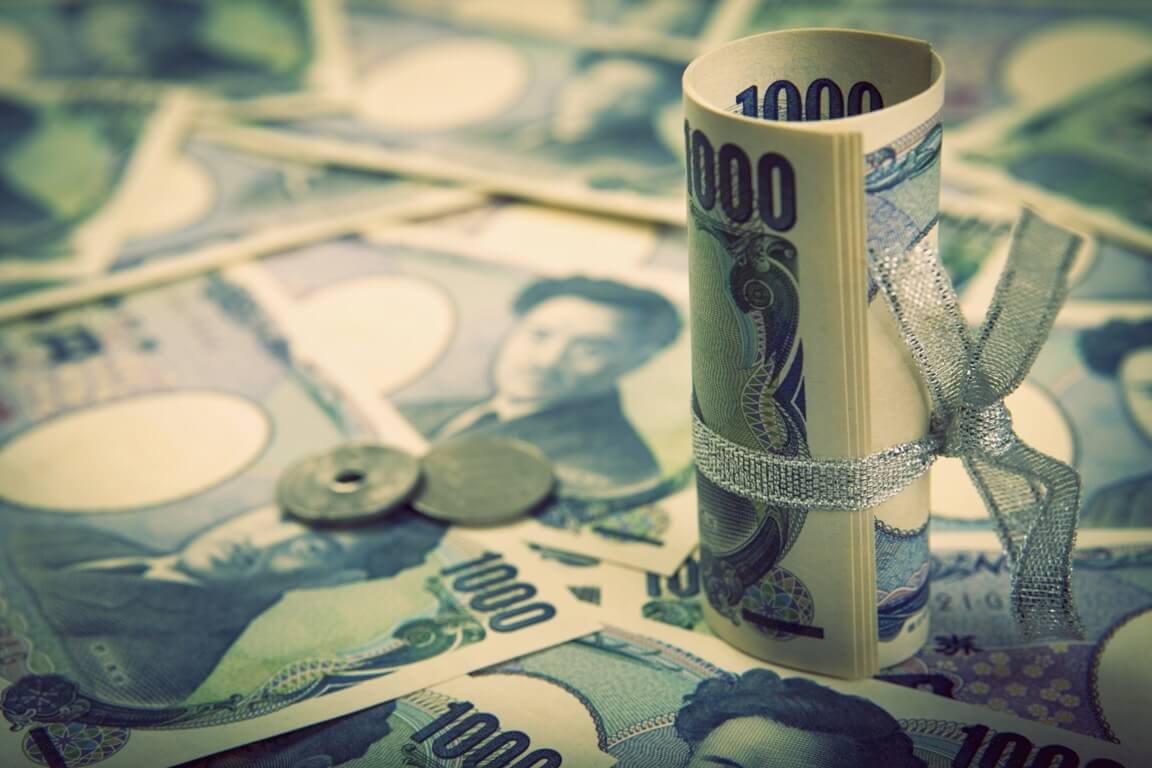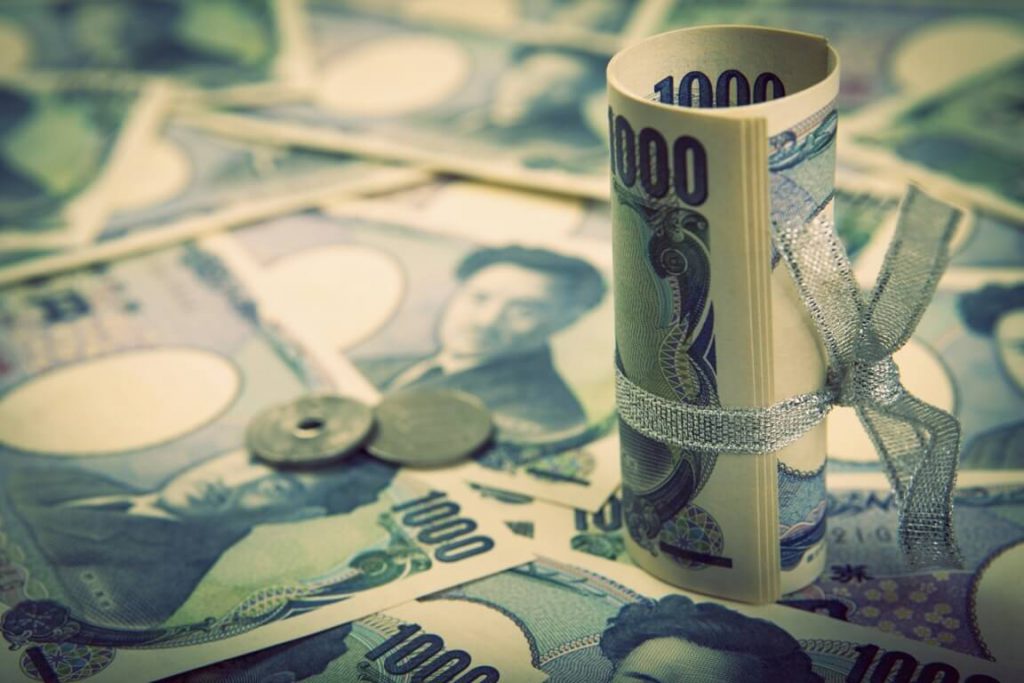
Japanese Yen hit a high while Dollar dropped from a recent peak
The U.S. dollar plummeted by more than 1% against the Japanese Yen on Wednesday. It traded at 142.9 yen at last. The Japanese currency surged forward after the media reported that the Bank of Japan had started a rate check. It seems the bank is preparing for currency intervention to boost the long-suffering Yen. Other major currencies also attempted a rally after losing substantial amounts yesterday versus the soaring greenback.
During a rate check, the BoJ officials ask dealers for the price of selling or buying yen. On Wednesday, Japanese Finance Minister Shunichi Suzuki stated that the Yen has recently moved rapidly. Thus, the government contemplated yen-buying FX intervention.
Masayuki Kichikawa, the chief macro strategist at Sumitomo Mitsui DS Asset Management, also noted that if the currency market continued to sell the Japanese yen, that would pressure the Ministry of Finance, as well as the central bank, to take some measures. Still, such intervention to support the currency would be a big step from the bank, and it needs careful contemplation.
The Japanese yen had plunged as low as 144.97 per USD earlier today, extending its sharp drop from Tuesday before recovering. An unexpected increase in the U.S. consumer price index bolstered the Dollar yesterday as investors thought the data might prompt the Fed to continue its aggressive rate hikes. Consequently, the dollar index skyrocketed by 1.5%, gaining a record amount since March 2020 on Tuesday.
What do the analysts say?
Masafumi Yamamoto, the chief currency strategist of Mizuho Securities, stated that the greenback was becoming stronger while the Yen was declining. That’s mostly due to the big interest rate differentials between the U.S. and Japan. The latter influences JPY strongly; thus, the intervention may not be much effective. Yamamoto also added that the possibility of intervention would increase to approximately 60% from 10% to 20% if the U.S. dollar surges above 145 yen. The Japanese currency collapsed to a 24-year low of 144.99 last week.
Unlike Eurozone and the U.S., inflation doesn’t concern Japan much. So, the government is keeping bond yields low, aiming to help with the economic recovery. However, such a decision is weighing on the Yen, pushing it lower.
Meanwhile, other major currencies traded lower after yesterday’s losing streak. The British Pound plummeted by 1.6% on Tuesday, but it managed to gain 0.43% at $1.1543 today. A new report showed that British inflation decreased unexpectedly due to lower fuel prices in August.
The Euro also rebounded. It gained 0.47%, trading above parity with the greenback to $1.0014. However, the currency had shaved off 1.5% on Tuesday, and it remained near last week’s 20-year low of $0.9864 today despite the modest gains.
The European Commission prepared a series of proposals. It’s trading to hinder soaring energy prices that threaten Europe’s economy. As it also weighs on the Euro, the changes may boost the currency.
How are the Aussie Dollar and Asian currencies faring?
On Wednesday, the Australian Dollar was steady at $0.67375, but it had tumbled down by 2.26% overnight. At the same time, EM currencies suffered big losses. Indonesia’s rupiah dropped to a six-week low, while South Korea’s won shaved off 1.6%, hitting its lowest level since March 2009.
In addition, the Malaysian ringgit plummeted by 0.4%. Christopher Wong, a currency strategist at OCBC Bank, stated that the market is repricing its rates expectations. That could lead to a widening of yield differentials, which, on the other hand, would put more pressure on the EM currencies. Korean won, Taiwanese Dollar, and Thai baht would likely lose more in that case.
Vishnu Varathan, the head of economics and strategy at Mizuho Bank in Singapore, also said that the surprising report on U.S. CPI dashed investors’ hopes that signs of skyrocketing inflation would influence the Federal Reserve to dial back on aggressive rate tightening.
In recent weeks, greenback strength has been pushing Asian currencies in the red. The Philippine peso, the won, and the Taiwanese Dollar shaved off more than 10% this year. A struggling Chinese yuan was no help to the region’s currencies.
OCBC Bank’s Wong noted that considering the excessive moves in currency markets, he wouldn’t rule out major central banks engaging in more jaw-boning. Like Japanese officials, the South Korean central bank has also warned about possible currency market intervention.


